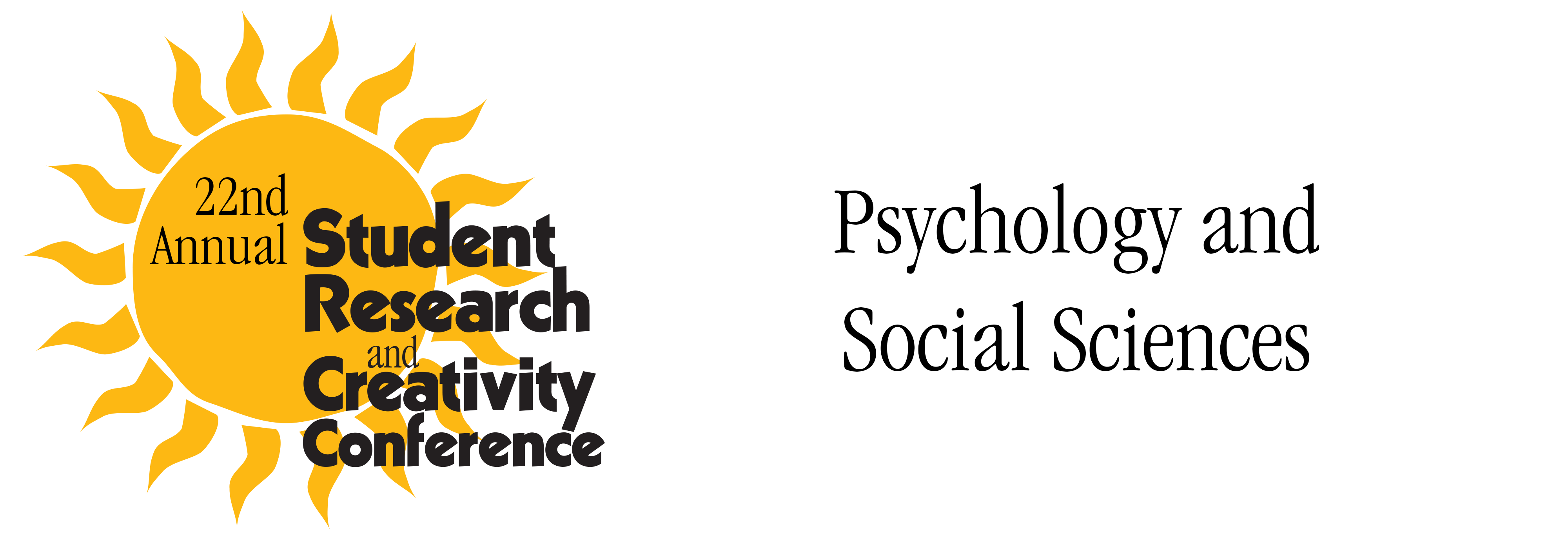
Files
Download Full Text (434 KB)
Description
Nicolas Giorgianni, Psychology and Cassandra Lewandowski, Psychology
Faculty Mentor: Professor Naomi McKay, Psychology
Though a relationship between stress and hyperphagia has been established, little research exists that examines the underlying physiological mechanisms that may cause this relationship. Rodent research suggests that ghrelin (a feeding-stimulatory hormone) may play a crucial role in stress-eating behaviors. The purpose of the current study was two-fold. First, to determine if stress mediates ghrelin release and second, whether consuming a meal after a stressor will affect the ghrelin feeding response. It was hypothesized that ghrelin would increase in the presence of stress and that the intake of a high-carbohydrate/low-fat food item would suppress ghrelin more than a high-fat/low-carbohydrate food item. Upon arrival, participants provided a saliva sample (for cortisol) and were fitted with an indwelling intravenous catheter for blood collections (for ghrelin). After a 45-min relaxation period, a blood and saliva sample were collected, and participants were divided into stress condition groups (stress or no stress), with those in the stress condition undergoing a mild, laboratory stressor. Following the stress condition, blood and saliva were collected again and participants were asked to consume either a high-fat, high-carbohydrate or no food condition. Fifteen minutes after food condition, saliva and blood samples were collected again, and a final blood collection occurred 75-mins after food condition. A mixed-design ANOVA showed an interaction of time x stress (p = .002) and found elevated ghrelin levels were present in participants who underwent the stressor (p = 0.08). These results indicate that stress may stimulate food intake through an elevation in the feeding-stimulatory hormone ghrelin.
Publication Date
2020
Recommended Citation
Giorgianni, Nicolas and Lewandowski, Cassandra, "Ghrelin and the Stress Response" (2020). Psychology and Social Sciences. 22nd Annual Student Research and Creativity Conference. SUNY Buffalo State.
https://digitalcommons.buffalostate.edu/srcc-sp20-psychsocsci/17



